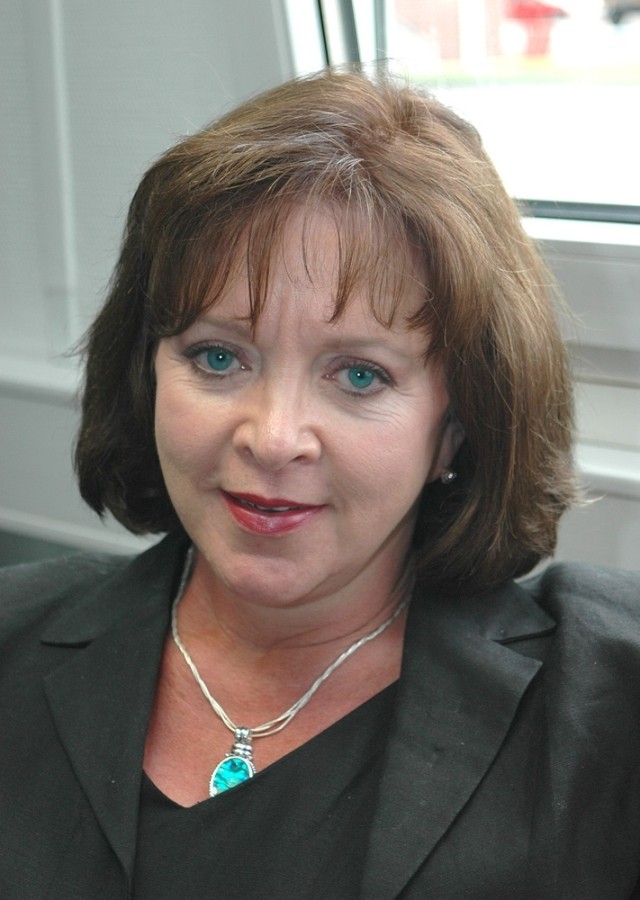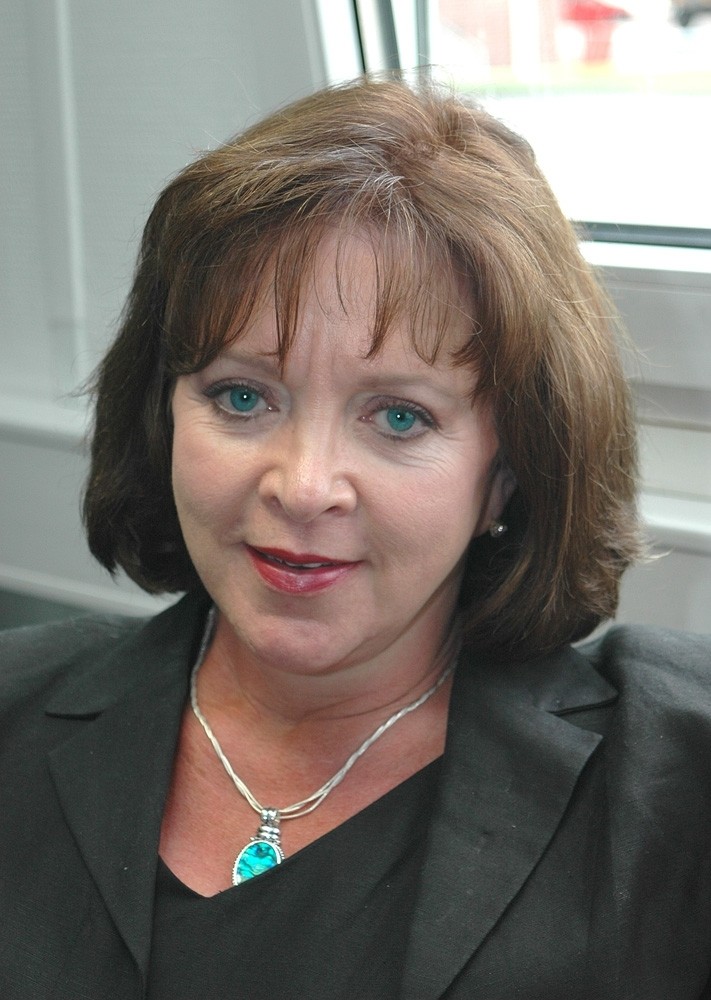HEIDELBERG, Germany - There is a killer lurking among us. Every 10 days, it takes as many American lives as the events of 9/11 and the global war on terrorism combined.
The fight against this killer has involved billions of dollars and millions of research man-hours. It began long before the Cold War, and the battle continues today.
Heidelberg residents will have an opportunity later this summer to remember those who have been lost and to celebrate those who have survived.
The event is Answer the C.A.L.L. (Cancer Awareness Laps for Life) and it starts the evening of Sept. 14 at the high-school track in nearby Patrick Henry Village. It will allow everyone, especially those who have shared this fight, to get together for education and support.
MaryPat Begin-Ortiz, U.S. Army Garrison Heidelberg, chief of plans and integration, certainly plans on participating.
She first battled cancer 15 years ago. The Pittsburgh native is known best for her striking turquoise eyes, which seem to flash as she recalls dealing with the disease.
"I was devastated; I had high hopes and plans for the future. It's frightening because you don't know what is going to happen ... you deny it, you are angry, and it is intimidating when you have no medical background."
Glance around Begin-Ortiz' office and you'll quickly notice it reflects her life priorities.
Her Army Civilian Service award is positioned low and behind a monitor, while photos of her children, five grandchildren and eight step-grandchildren are placed at eye level for visitors to see and admire.
"When you are diagnosed with cancer, it's not just you, it's a family situation," she said. "My son and daughter were teenagers at the time; they were terrified."
"Cancer affects the whole family, you aren't just a man or a woman, you are a son or a daughter or a spouse, a supervisor or a co-worker ... your circle of influence goes pretty wide, and everyone needs some sort of care, support and hope," Begin-Ortiz said.
Continuing to live a regular life while getting well is a message she repeatedly emphasizes.
"It takes so much focus. No matter what the treatment plan is, you don't want to drop any of your professional or personal commitments, and it weighs a lot on your head and your heart."
As she reflects, there's another flash of turquoise.
"There are moments where you are angry," she breathes, "where you say 'why didn't someone else get it''"
"You have to find some way of channeling your anger into your treatment plan, into your need to be well in as many ways as you can ... to tell yourself 'this is not going to stop me, not going to slow me down, not going to keep me from all the goals and the things I want to do.'"
Begin-Ortiz recovered after her surgery and several months of treatment.
"I had great medical care and great support from the chaplain," she said, adding that support groups and knowledge are critical tools.
"Just talking to someone who understands what you are feeling and what your fears are helps," she said. "It is drastically important to have good information. Nowadays, you can sit right at your computer at home and find support groups and information without going to an intimidating library."
She credits her knowledge with a change in lifestyle: losing weight; eating healthy; realizing each day is precious. This prepared Begin-Ortiz for her next - and ongoing - test.
Begin-Ortiz is fighting the killer again. Six months after re-marrying, she was diagnosed for the second time in 2005.
The blue-green pools are more liquid now, but her voice is still strong.
"This time was a little rougher," she said. "I had just been married, and here I was starting life over in middle age with all these same bright hopes.
"I cried, and my husband said to me, 'I seem to remember something in our vows about 'in sickness and in health.'" Her half-laugh drips irony. "I said: I just didn't expect it so soon."
Her particular cancer has a high-survival rate according to the American Cancer Society, but her cousin died of breast cancer at age 39, and the knowledge rattled her before steeling her resolve.
"You still have to be able to laugh, to live, and to love. You can't let any one of those slip down," she said, her voice hardening. "I won't give in. I have a life to live and I'm not going to let it hold me back."
"I have control over my lifestyle," she continued, "I don't have control over cancer. I don't know what this week brings, but I can face whatever it is, feeling healthier."
Answer the C.A.L.L. is open to everyone, and is designed to let people show support and to learn about resources available to fight cancer. Teams of walkers and runners will complete laps, keeping one member on the track throughout the night, from 6 p.m. to 6:30 a.m.
"No matter where you are on the journey (of treating cancer)" Begin-Ortiz said, "the idea is to keep on moving. We want this event to focus on the survivors, to focus on the hope."
Begin-Ortiz understands that cancer remains an uncomfortable thing for some people to discuss, and hopes Answer the C.A.L.L. can change that.
"Getting this out into the open, teaching people about the tests they need to be doing (to detect cancer early) without making a big negative. These are the goals," she said.
And as for the significance of the evening start, Begin-Ortiz says: "Cancer never sleeps."
For more information about participating in Answer the C.A.L.L. in Heidelberg, contact the team captain liaison, Capt. Rhonda Centuolo at DSN 371-2399/2846, civilian 06221-17-2399/2846, or e-mail: rhonda.centuolo@us.army.mil.
Volunteers can contact Marrisa Zuniga, volunteer pool coordinator, at DSN 370-1770/6883, civilian 06221-57-1770/6883, or e-mail: marissa.zuniga@eur.army.mil.
(Editor's note: More than 500,000 Americans die of cancer every year. For more information on prevention and treatments, visit the American Cancer Society Web site: www.cancer.org


Social Sharing